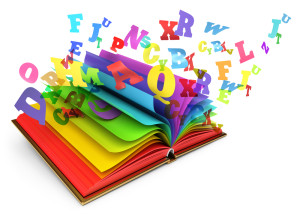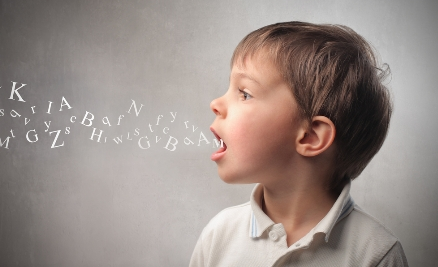A is for Apraxia. On Monday, we took at look at Apraxia of Speech in children. Specifically, we outlined the types of apraxia of speech and related symptoms. The most common type of apraxia of speech in children is developmental, which means it is a neurologically based speech disorder. While some children with Developmental Apraxia of Speech (DAS) had specific prenatal or birth injuries, for the most part, there is no specific cause of DAS. This month, we will plan to take a look into the subject of Apraxia of Speech in children in more depth.
Will My Child Outgrow Her Speech Impediment?
Articulation Disorders Language Development News Parents' Corner Pronunciation & Lisps School Speech delay Speech Disorders Speech Therapist Speech Therapy TechniquesYour child hasn’t reached the speech and language milestones as quickly as her buddies. And, she says “thoup” instead of “soup”. Does this mean she has a speech impediment? Does she need speech therapy? Will she outgrow it on her own? Parents whose children are at the beginning stages of speech and language development ask these questions and more as their children’s speech patterns emerge. There are no real clinical “tests” to determine whether or not your child is a late talker, has a real speech impediment, or if it will indeed resolve itself on its own. Many children with early speech impairments do eventually outgrow them by the time they are ready for kindergarten. It is important to discuss your concerns with your child’s healthcare provider for any developmental challenges as there are also many other causes and types of speech disorders.
Continue reading
Five Common Speech Disorders in Children
Articulation Disorders Language Development Pronunciation & Lisps School Speech delay Speech Disorders Speech Therapist Speech Therapy TechniquesYou have determined that your child has more than just a speech delay, now what? How do you determine what kind of speech disorder your child has and more importantly, what do you do about it? We have listed below five common speech disorders in children. Of course, we always recommend a visit to your pediatrician if you feel your child has any of these symptoms, and an appointment with an SLP may be necessary to begin an effective speech therapy treatment plan.
Tools for Speech Therapy: 5 Fabulous Apps for Kids
Apps Articulation Disorders At Home Ideas Language Development Parents' Corner Speech delay Speech Disorders Speech Therapist Speech Therapy TechniquesGet your iPads ready! Games, puzzles, stories on the go? Speech Therapy is no longer one size fits all. Recent innovations in technology provide many valuable tools for speech therapy. Apps, iPad games and gadgets offer opportunities for learning at every level of speech therapy and often help make the therapy fun. Of course, apps should not be viewed as a replacement for a comprehensive speech therapy plan, and you should always seek to contact your SLP if you are planning to use applications, games and gadgets in conjunction with your therapy sessions.
The Most Common Articulation Disorders
Articulation Disorders Language Development Parents' Corner Pronunciation & Lisps Speech Disorders Speech Errors Speech Therapist
Speech and language articulation is the process by which a person forms words. This is done with different parts of the mouth, jaw, tongue, lips, palate and teeth. A child is considered to have an articulation disorder is if he or she is unable to produce the right sounds to communicate clearly and effectively. Articulation disorders are generally characterized by substituting one sound for another (wide for ride), omitting a particular sound (ban for band) or distorting a sound (sip for ship). Young children often make speech errors, however if these continue past a certain age, they are considered articulation disorders. Children by the age of 8 should be able to produce all sounds in English correctly.





